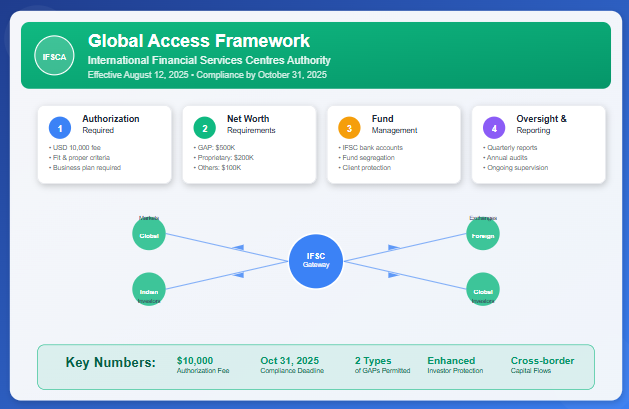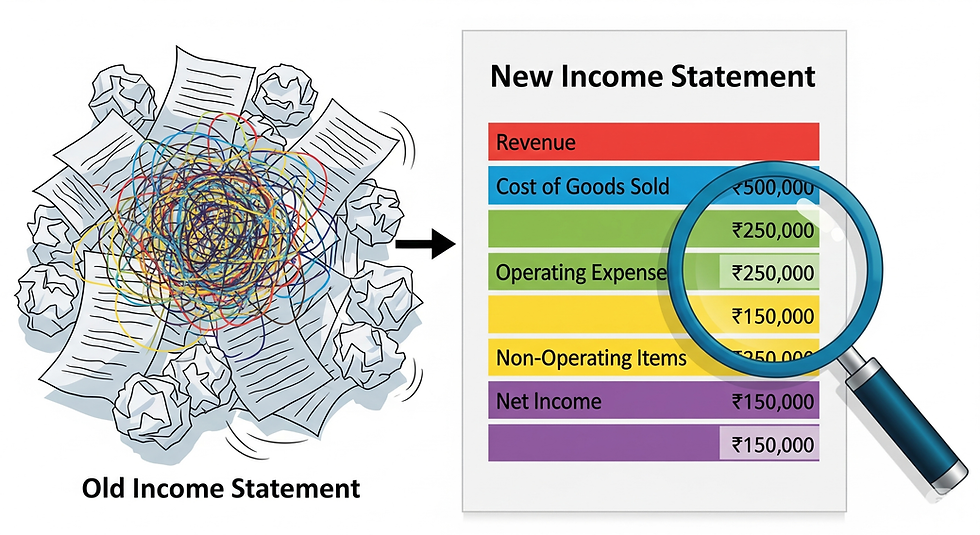Difference between (New) Manufacturing Private Limited and Partnership Firm
- GDV Consultancy
- May 20, 2021
- 2 min read
Updated: Jul 1, 2021

Topics
i. Private Limited Company
ii. Partnership firm
1. Act
i. Companies Act, 2013
ii. Indian Partnership Act, 1932
2. Registration Requirement
i. Mandatory to set up business as a Private Limited Company to comply with the Act.
ii. Both registered and unregistered partnerships are legal, but the registered entity is preferred.
3. Number of members
i. Requires minimum two and max 200 shareholders
ii. It is formed with minimum 2 partners, but not exceeding 50
4. Separate Legal Entity
i, Private Company is a separate entity with an ability to own assets in its name.
ii. A partnership firm has no separate identity from its partners.
5. Liability Protection
i. Liability of members is limited to the extent of the unpaid value of shares subscribed.
ii. Partners are jointly and severally liable to pay the debts of the Partnership Firm
6. Statutory Audit
i. An auditor must be appointed within 30 days of incorporation.
ii. Statutory audit not applicable. A tax audit may be applicable based on turnover
7. Ownership Transferability
i. Ownership can be transferred through shares if shareholders give their consent
ii. Ownership is not transferable easily, clause of partnership deed should be referred
8. Uninterrupted Existence
i. Any change in members or directors does not affect the company’s existence.
ii. Change in partner leads to dissolution or formation of another partnership firm.
9. Foreign Participation
i. Foreign nationals can invest under the Automatic Route
ii. Foreign nationals cannot be made partner with
10. Tax Benefits
i. A comparatively moderate Tax is levied as the tax rate for small companies is reduced to 22%.
New Domestic Manufacturing Companies incorporated on or after 01-Oct-2019: Tax Rate 15%
ii. The tax levied is 30% of the business profit on which is on a higher side.
11. Statutory Compliances
i. High compliance that includes annual filings. Also, it must comply with plenty of other compliance requirements.
ii. Compliance is much less except for filing a separate ITR there are no other mandatory compliances
12. Dividend Distribution
i. The dividend shall be taxable at normal tax rates on the hand of shareholders
ii. No tax on hand of the partner
13. Other Expenses i.e Salary, Commission on sale and other
i. Taxable at normal tax rate on the hand of shareholders
ii. Taxable at normal tax rate on the hand of the partner
14. Termination
i. Everyone to follow a proper winding-up procedure has to be followed
ii. Agreement which is valid only between the partners regarding the closure is enough




Comments